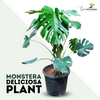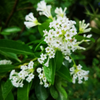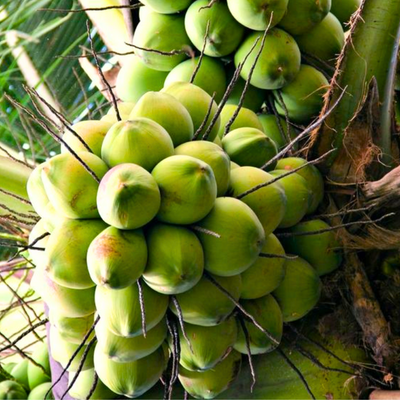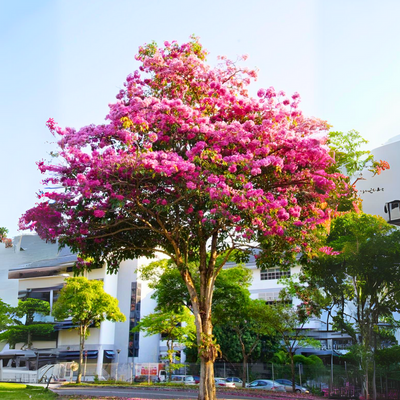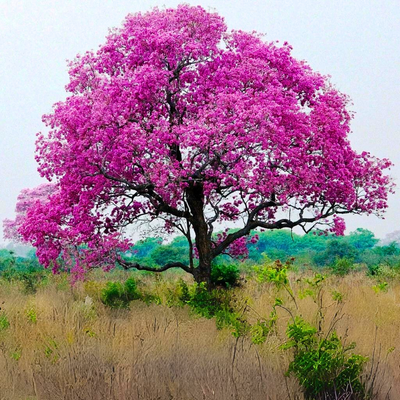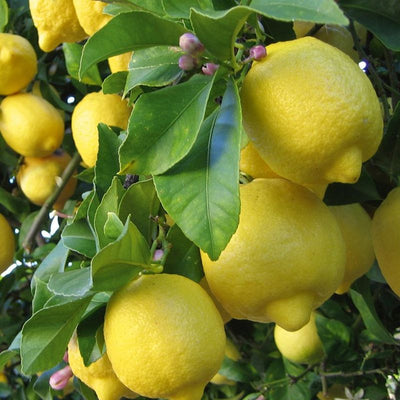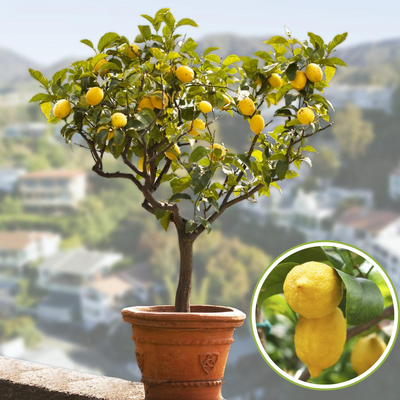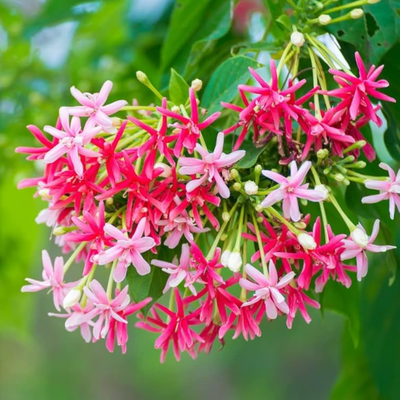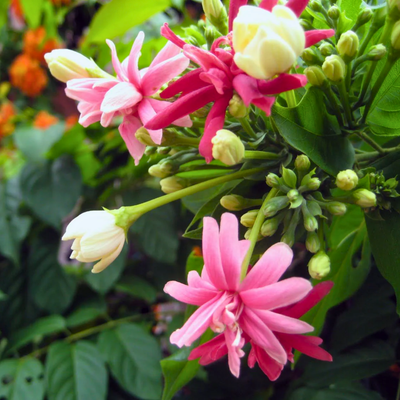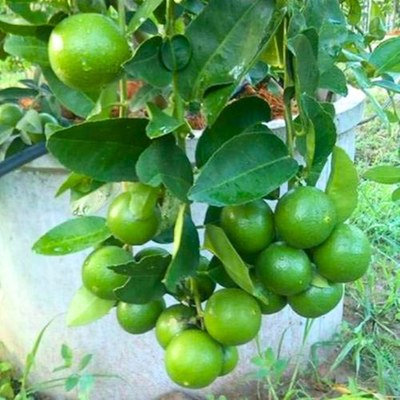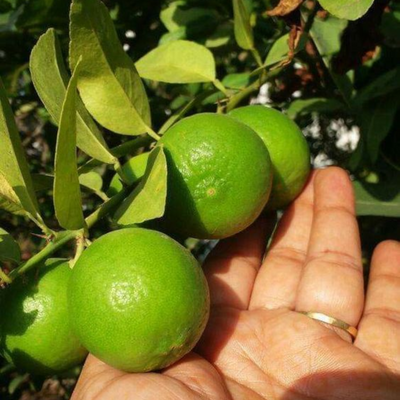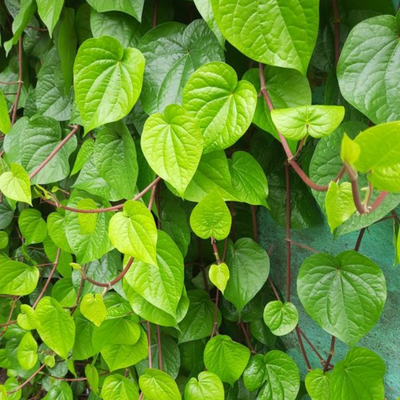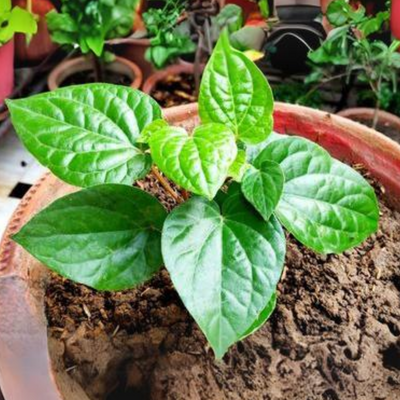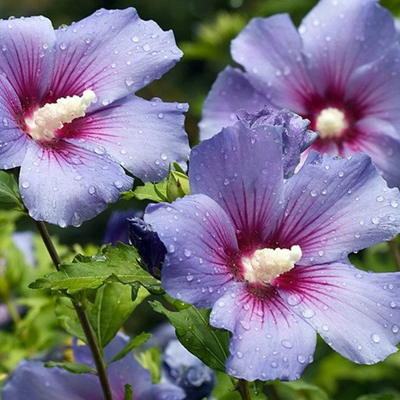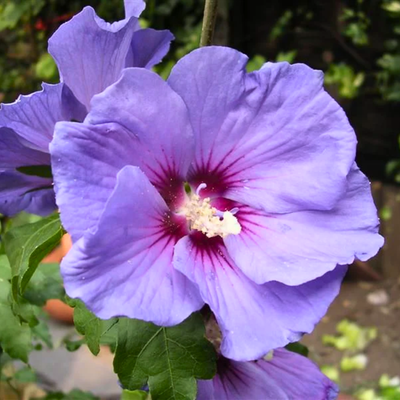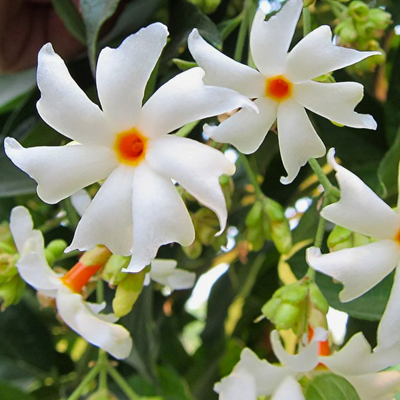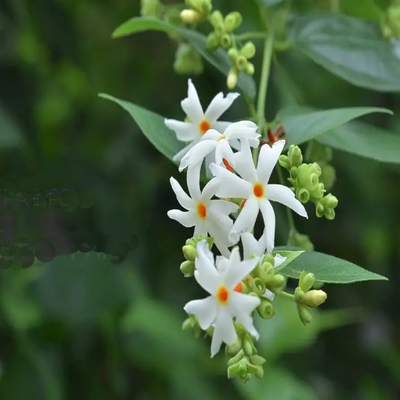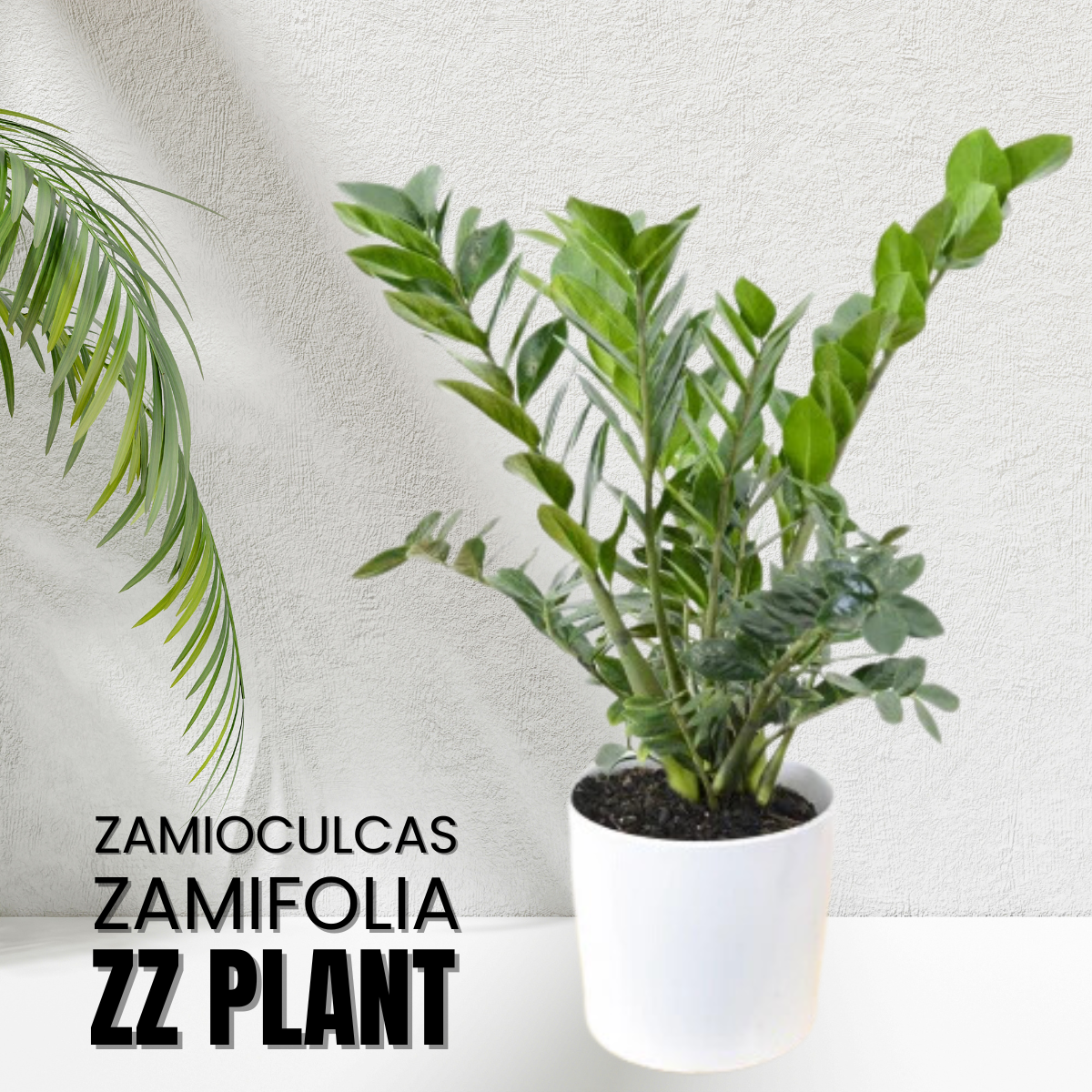
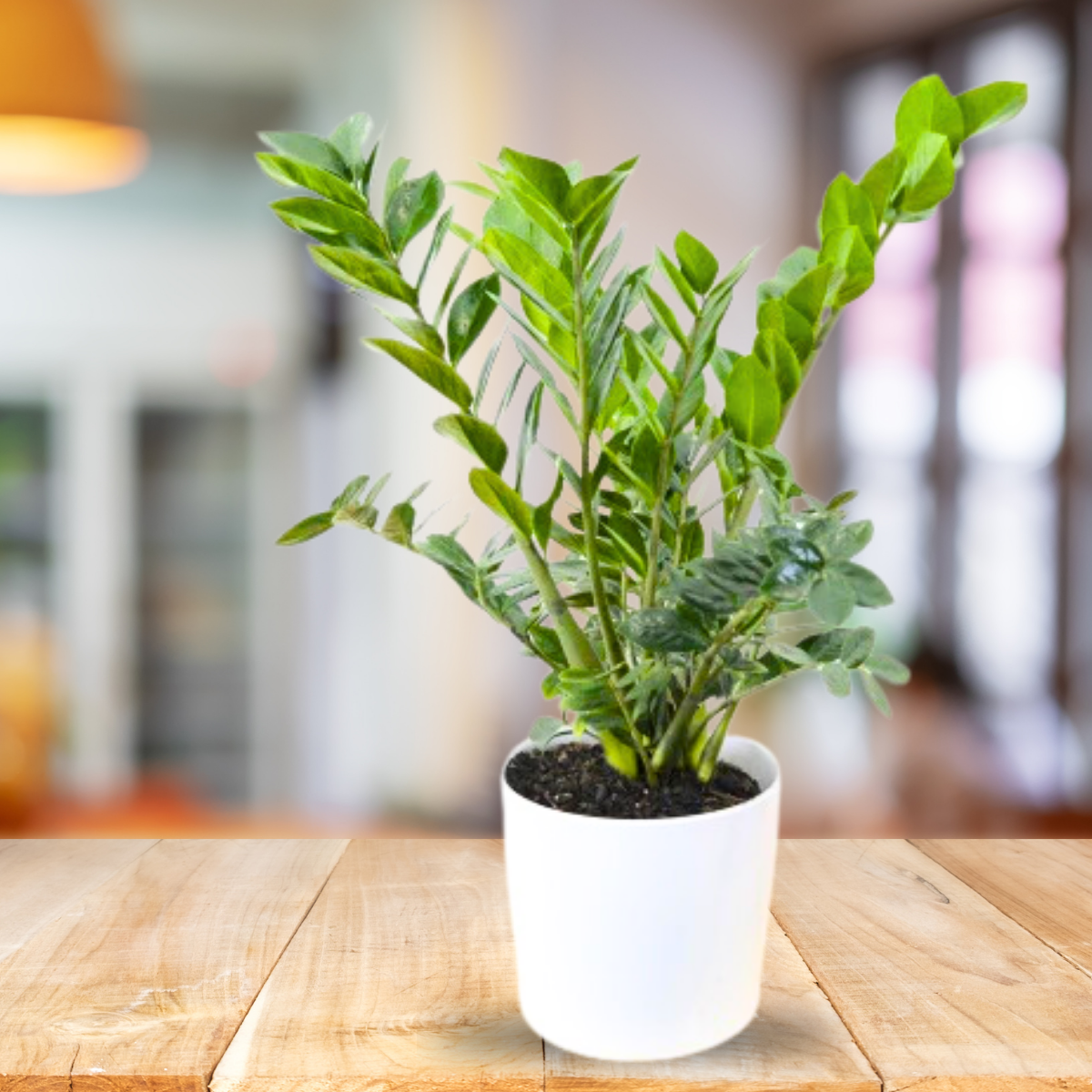
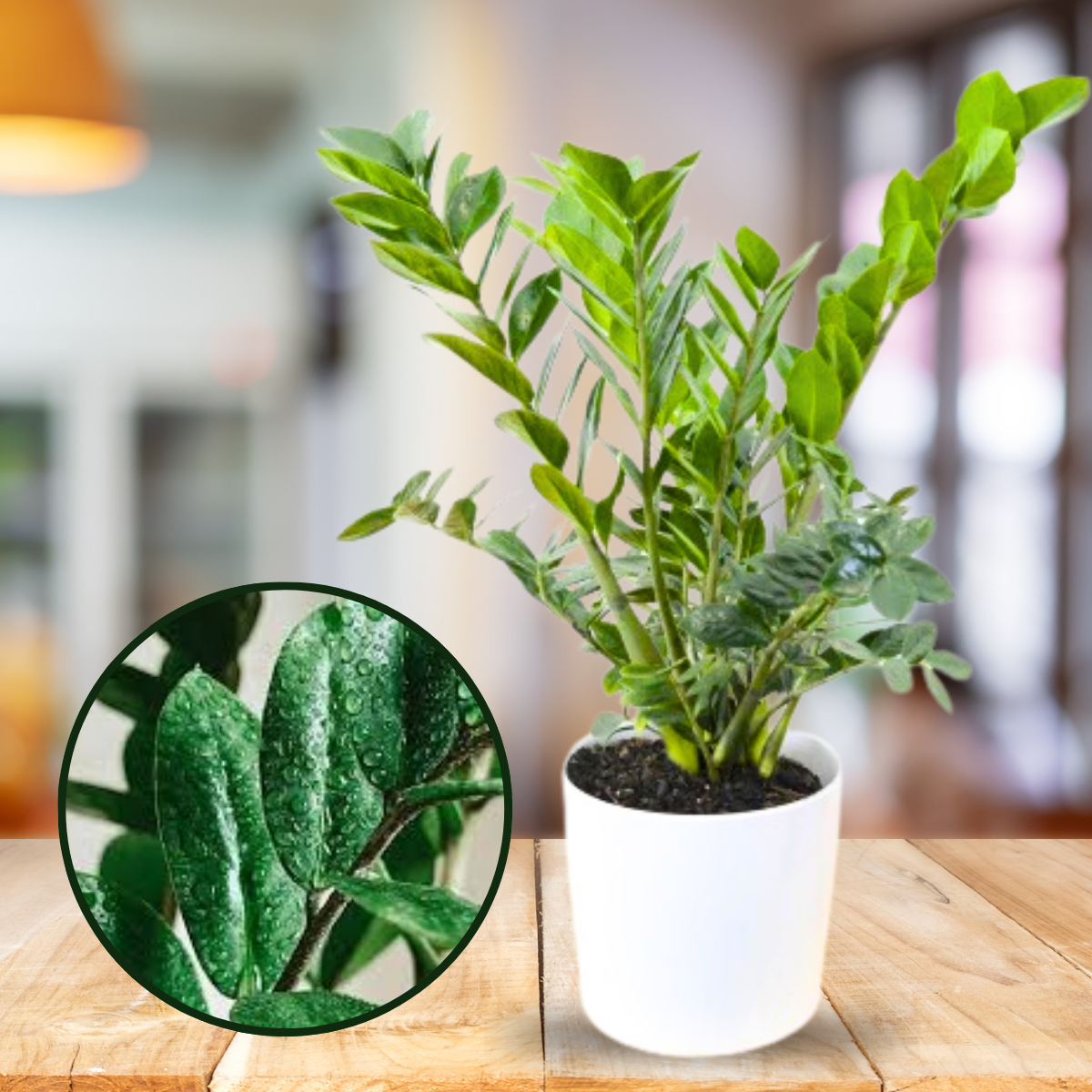
Zamioculcas Zamiifolia: The Resilient
Gem of Indoor Gardening
Indoor plants have surged in popularity over the past few years, bringing nature's beauty and serenity into our homes. Among the vast array of choices, the Zamioculcas Zamiifolia, often affectionately referred to as the ZZ plant, stands out as a resilient gem in the world of indoor gardening. This hardy and attractive plant offers not only aesthetic appeal but also a host of other benefits. In this article, we'll explore the intriguing world of the Zamioculcas Zamiifolia and why it deserves a place in your home.
The ZZ Plant: A Resilient Survivor
- Native to eastern Africa, the ZZ plant is well-known for its ability to thrive in conditions that would challenge many other houseplants.
- This resilience has earned it the nickname "the indestructible plant" or "eternity plant" in some cultures.
- One of the primary reasons for its robustness is its adaptation to long periods of drought in its natural habitat.
- It stores water in its rhizomes, making it highly tolerant of irregular watering, a common pitfall for plant enthusiasts.
- The ZZ plant's leaves are another testament to its durability.
- Their waxy coating serves as a protective layer against pests and dust, making it virtually maintenance-free.
- This hardiness makes it an ideal choice for both novice and experienced indoor gardeners.
Aesthetic Appeal and Versatility
- Beyond its toughness, the ZZ plant's aesthetic qualities are equally captivating.
- Its glossy, deep green leaves, each composed of smaller leaflets, provide an attractive, modern touch to any indoor space.
- The plant's natural growth pattern is upright and bushy, making it versatile for various interior design styles.
- Whether you want a minimalist, contemporary look or a lush, tropical ambiance, the ZZ plant can adapt effortlessly.
Air Purification and Health Benefits
- Besides its beauty and resilience, the ZZ plant also offers several health benefits.
- It's known for its air-purifying qualities, as it helps remove pollutants from indoor environments.
- It can filter out common toxins like xylene, toluene, and benzene, contributing to improved air quality.
- Additionally, the increased oxygen production from having plants like the ZZ plant indoors can boost overall well-being, reduce stress, and increase productivity.
Easy Care and Maintenance
- One of the most alluring aspects of the ZZ plant is its minimal care requirements.
- It flourishes in indirect light but can tolerate low light conditions.
- Watering is infrequent, with the plant being content with a thorough soak once a month.
- Overwatering can be more detrimental than underwatering, as the ZZ plant is susceptible to root rot.
- Simply allow the top inch or so of soil to dry between waterings, and you're well on your way to a flourishing ZZ plant.
Propagation and Growth
- The ZZ plant can be easily propagated through leaf cuttings, making it an excellent choice for those who want to expand their indoor garden without investing in additional plants.
- New growth typically emerges from the base of the plant, slowly pushing older stems upwards, creating a fuller and more robust appearance over time.
Cultivating Prosperity: A Comprehensive Guide on
How to Grow Zamioculcas Zamiifolia (ZZ Plant)
The Zamioculcas Zamiifolia, commonly known as the ZZ plant, is a striking and low-maintenance indoor plant. Its unique appearance, featuring glossy, dark green leaves on graceful, arching stems, has made it increasingly popular among plant enthusiasts. But what truly sets the ZZ plant apart is its robust nature, making it an ideal choice for both beginners and experienced gardeners. If you're interested in cultivating this elegant and air-purifying plant in your home, this comprehensive guide will take you through the step-by-step process.
Understanding the ZZ Plant:
- Before you start growing a ZZ plant, it's essential to understand its natural habitat and characteristics.
- ZZ plants are native to Eastern Africa, particularly in areas with low light and occasional drought.
- This background information is crucial for replicating the plant's natural conditions in your home.
Choosing the Right Pot:
- Select a pot that has good drainage. ZZ plants dislike sitting in waterlogged soil, as it can lead to root rot.
- A pot with drainage holes at the bottom will help prevent this issue.
- Opt for a pot that's slightly larger than the plant's current root ball to allow for growth.
Potting Mix:
- ZZ plants prefer a well-draining potting mix. You can create a mix by combining regular indoor potting soil with perlite or sand to enhance drainage.
- The mix should be slightly acidic, with a pH of around 6-7.
Light Requirements:
- ZZ plants are renowned for their tolerance of low light conditions, but they do best in bright, indirect light.
- Direct sunlight should be avoided because it can scorch the foliage.
- If you place your ZZ plant in low light, it will grow more slowly, but it will still thrive.
Watering:
- ZZ plants are drought-tolerant, so it's essential not to overwater them.
- Allow the top inch or two of soil to dry out fully between waterings.
- Water sparingly During the growing season (spring and summer), water sparingly, and reduce watering during the dormant season (autumn and winter).
Temperature and Humidity:
- ZZ plants thrive at room temperature, typically between 65-75°F (18-24°C).
- They can tolerate slightly cooler temperatures during the winter, but avoid sudden drops below 45°F (7°C).
- ZZ plants are adaptable to various humidity levels, making them ideal for most indoor environments.
Fertilizing:
- Feed your ZZ plant with a balanced, diluted houseplant fertilizer once a month during the growing season.
- Avoid over-fertilizing, as this can lead to nutrient buildup in the soil.
Pruning and Maintenance:
- ZZ plants are low-maintenance, but occasional pruning can help maintain their shape and appearance.
- Remove yellow or dead leaves as they appear. You can also trim back leggy stems to encourage bushier growth.
Repotting:
- ZZ plants don't require frequent repotting, as they prefer to be slightly root-bound.
- Repot when you notice the plant has outgrown its pot, typically every two to three years.
Common Pests and Diseases:
- ZZ shops are fairly resistant to pests and conditions. However, watch out for mealybugs and spider mites.
- still, treat them instantly with insecticidal cleaner or neem oil painting, If you spot any issues.
Propagation:
- You can propagate ZZ plants by division.
- Gently remove the factory from its pot and separate the rhizomes into lower sections.
- Each section should have both stems and roots.
- Let them dry for a day before repotting.
growing a ZZ plant is a rewarding experience. Its unique appearance and resilience make it an excellent addition to any indoor garden. Remember to mimic its natural habitat by providing the right pot, well-draining soil, and suitable light conditions. With just a little care and attention, your ZZ plant will thrive and bring a touch of elegance to your living space while also improving the air quality.
In the world of indoor gardening, the Zamioculcas Zamiifolia, or ZZ plant, is indeed a unique and remarkable addition. Its resilience, aesthetic charm, air-purifying capabilities, and minimal maintenance requirements make it a favorite among plant enthusiasts. Whether you're a busy professional, a novice gardener, or simply someone looking to add a touch of green to your living space, the ZZ plant is a versatile and hardy choice. Embrace this gem of indoor gardening and enjoy the benefits it brings to your home – both in terms of beauty and well-being.
Happy gardening!

